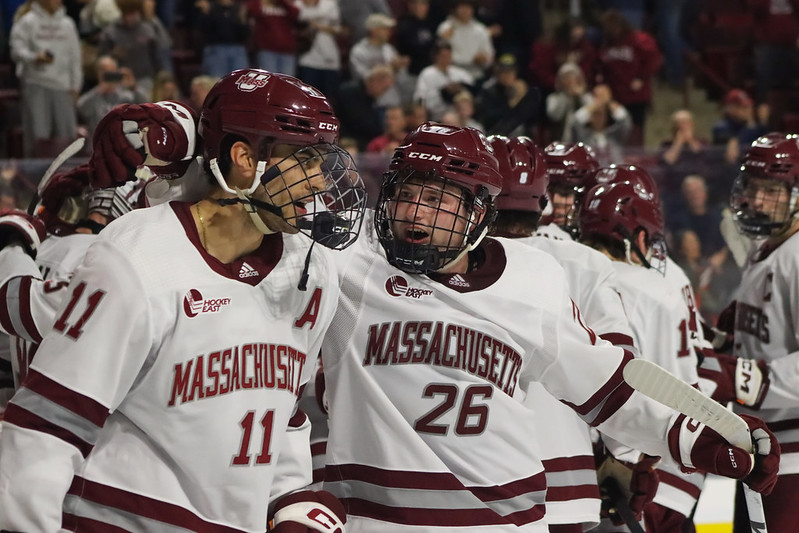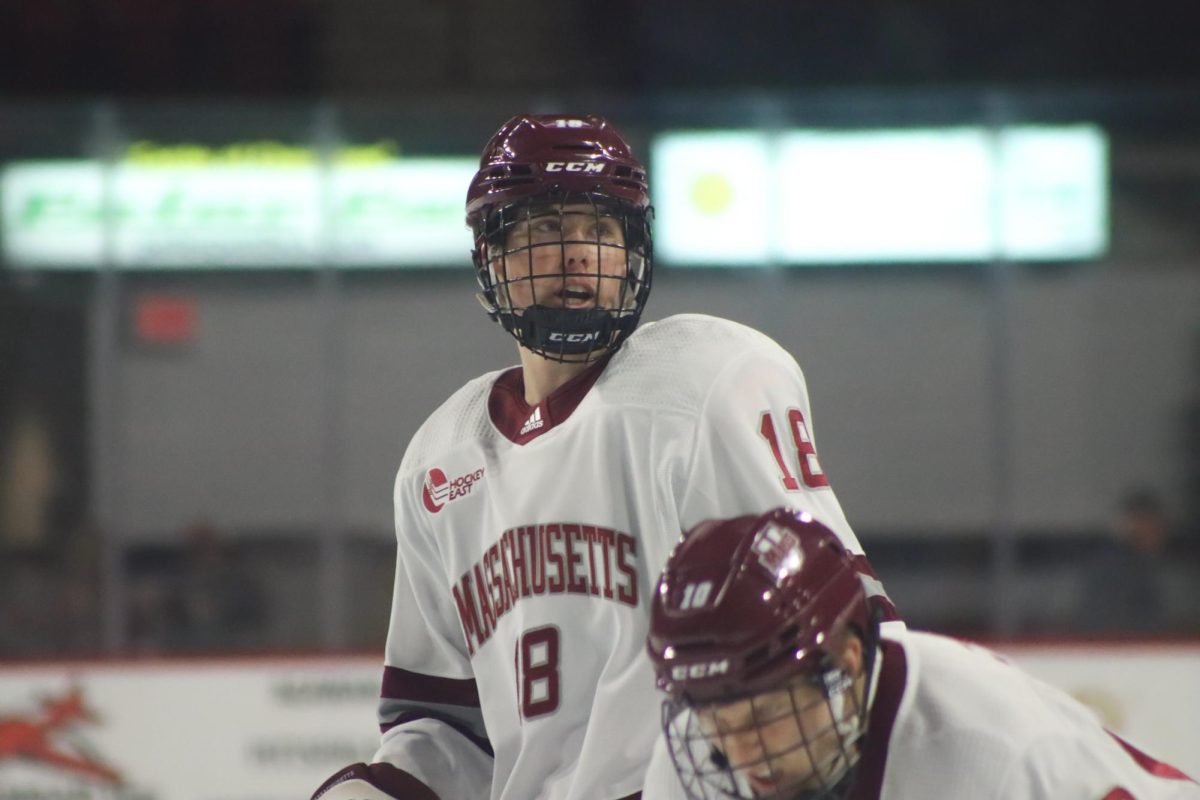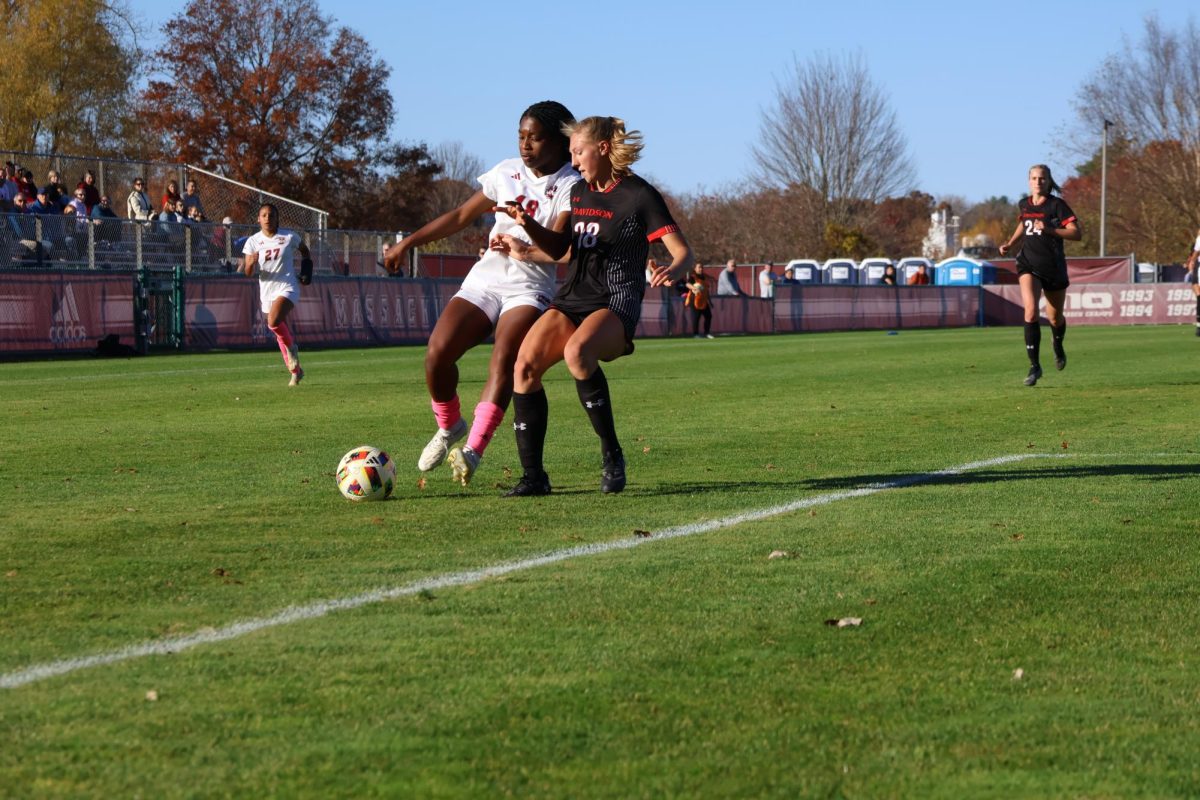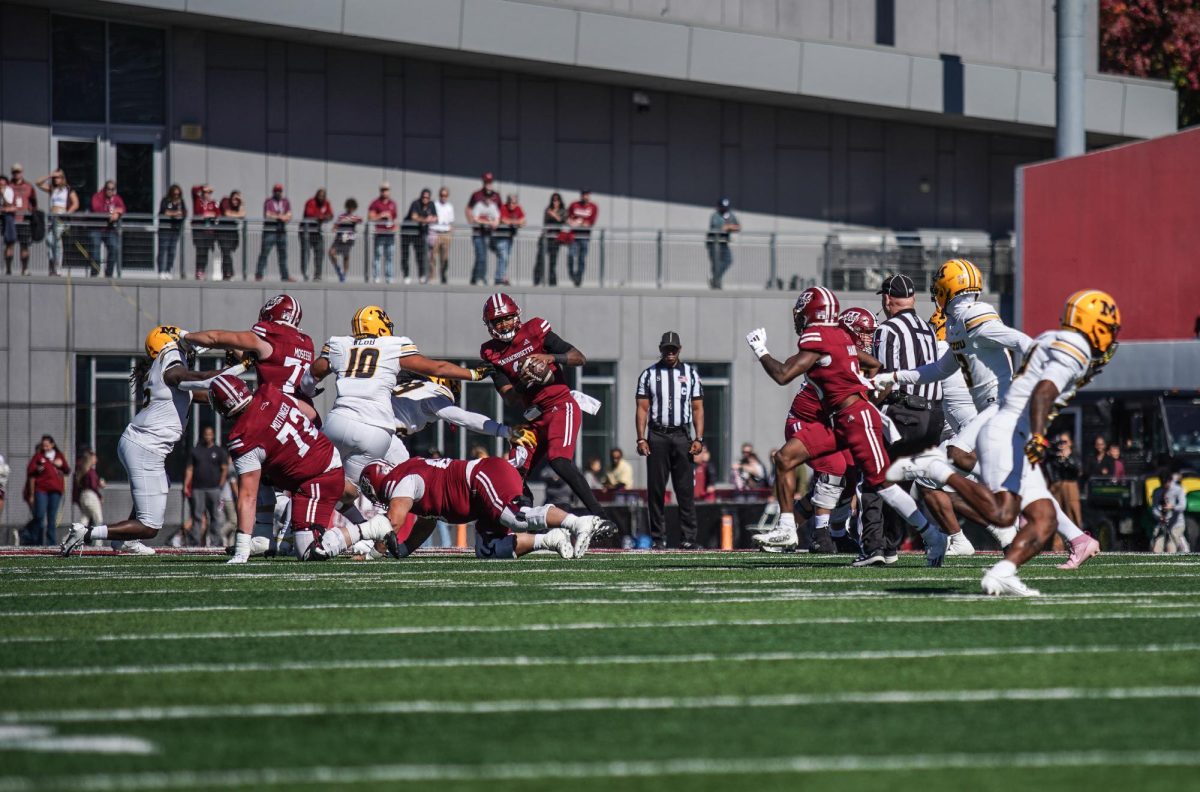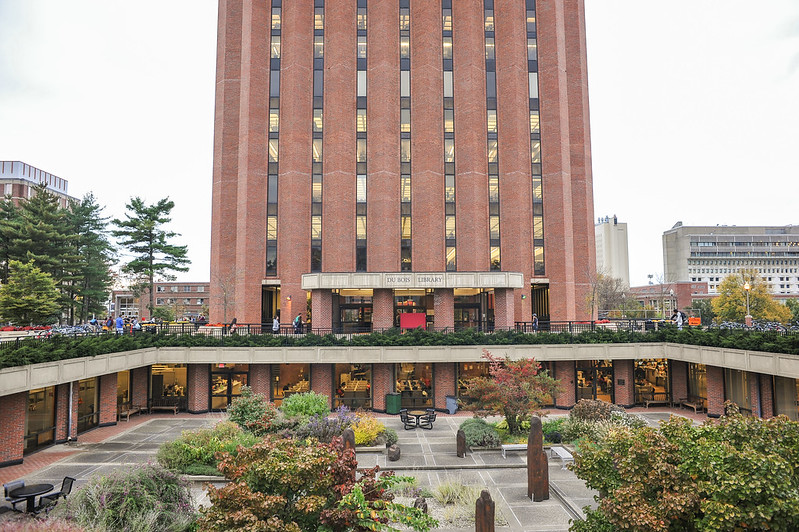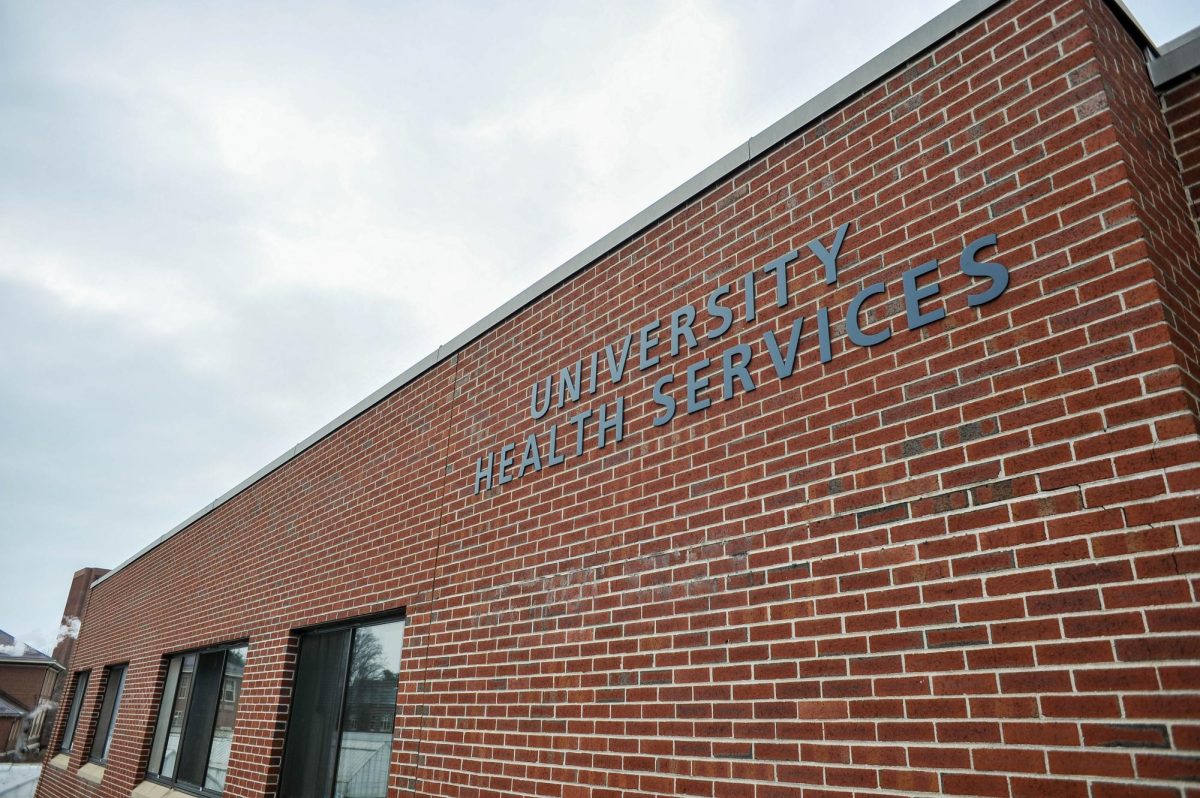
To the Editor:
My name is Meghan Healey. I’m an undeclared freshman. Being on this exploratory track, most of my textbooks were relatively cheap, but they were still more expensive than they should be. If all textbooks were as “cheap” as my American Politics class, students would still have to pay at least $150 in order to have a proper education. This $150 could have been spent toward my tuition, my meal plan, or a plentiful amount of other academic expenses. Geology Textbook: $50. Environmental Science Packet: $30. Sustainability Book: $10. Freshman Seminar: $20. iClicker 2 for American Politics: $60. American Politics Textbook: $90 My total? $260. What should it be? Priceless.
My name is Thi Bui. I’m a freshman Biochemistry major. I came to school never having experienced the nightmare called “overpriced textbooks.” Then came my French class. I added it on the last day of add/drop. On the first day of class, the teacher handed out the syllabus. “Voila! + access code: $154” It hit me like a PVTA bus. I spent two hours that evening asking peer mentors and resident assistants for advice. Some told me to ask the teacher whether she could give me a free code. Some told me to quit the class since it didn’t fulfill any requirements. I even thought of sacrificing 10 percent of my score and changing the course to pass/ fail. However, my RA, who is taking a Spanish class, told me that without the homework, I wouldn’t learn anything. In the end, I had to drop the class. My education is not the only one that is jeopardized because of ridiculously expensive textbooks. We, the students, desperately need more affordable textbook options.
My name is Katie Doherty, and I’m a senior. Being a psychology major, I’m accustomed to large classes and buying many textbooks. During my time, I’ve tried to seek other ways to get textbooks without emptying my bank account. Alternatives to new books include used books, book sharing, or the reserves at the library. By the size of psychology classes alone I know the ratio of reserve books to students is not practical. Since we all are assigned the same homework, we constantly need textbooks at the same time. Students on this campus want to succeed and learn, but textbook prices are hindering their ability to do so.
How do we solve problems like this that all students have experienced? Is there a solution? We might be able to find one in a textbook alternative called open source textbooks. These texts are written by professors, and tailored to their courses under an open license, and peer-reviewed, so anyone can use them as resources. On top of that, they are free to download, and the only cost for them would be the cost to print. The open textbook program additionally rewards professors for pursuing this alternative textbook option with grant programs giving professor hundreds of dollars. Now, what we need is to make a name for open source textbooks.
From,
The Students of MassPIRG:
Matthew Martin
Katie Doherty
Meghan Healey
Thi Bui






